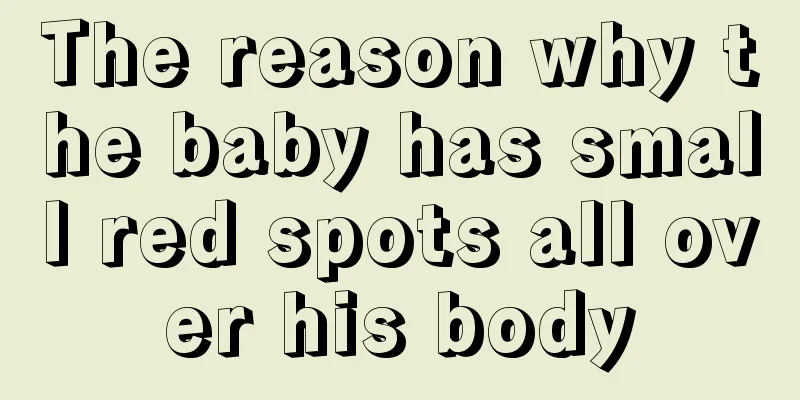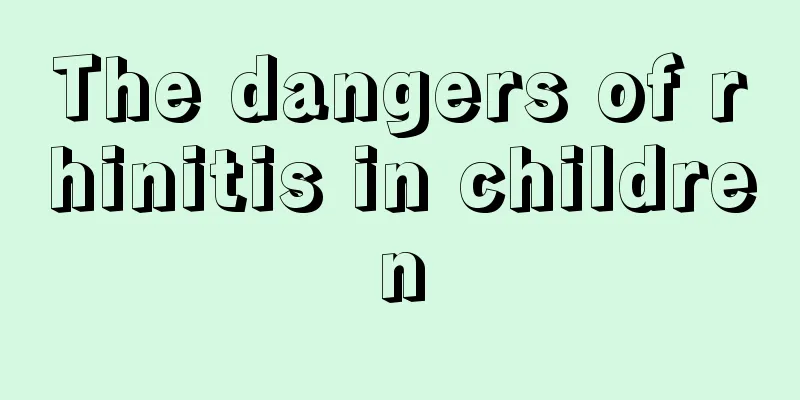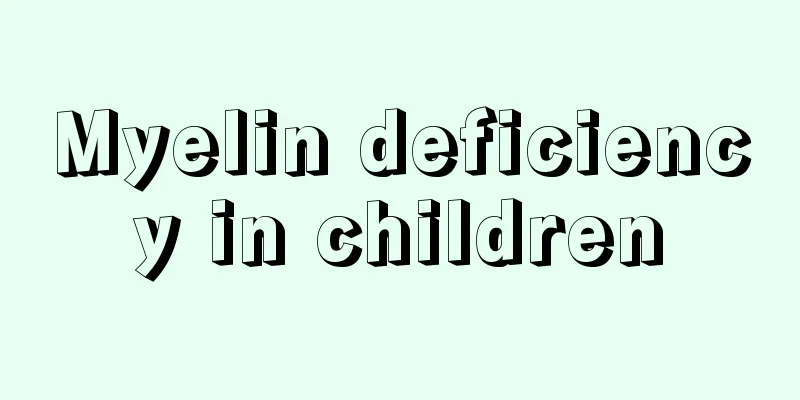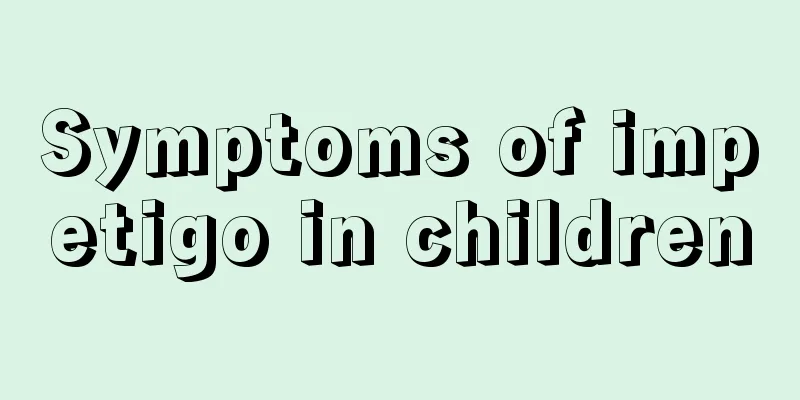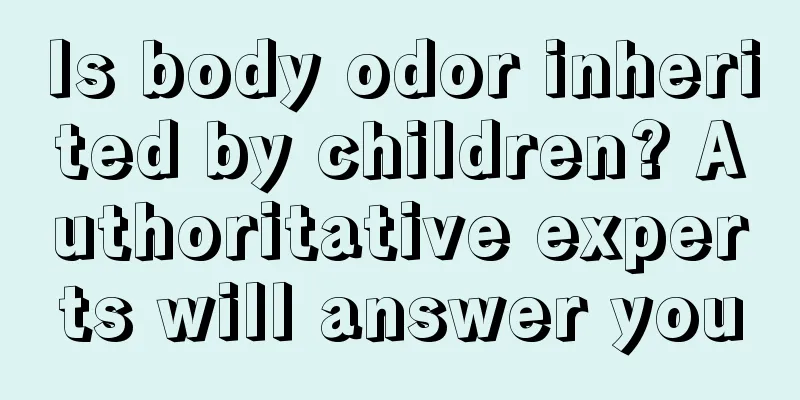What is going on with baby's hair loss?
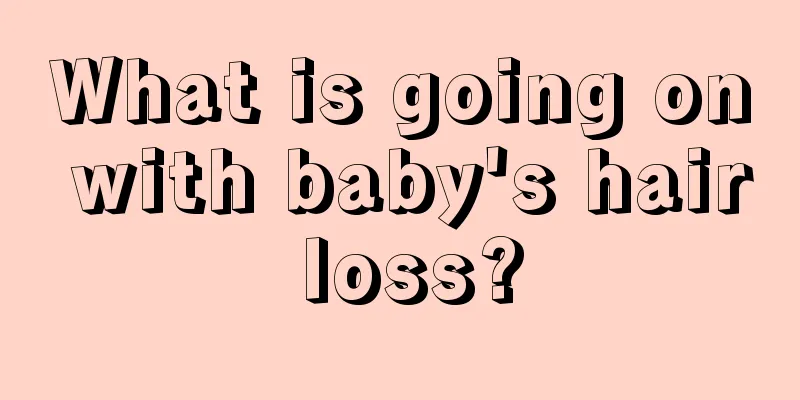
|
Parents who raise their babies will definitely encounter many problems during the baby's growth process. Because it is the first child, they don’t know how to solve the problems when they encounter them. Therefore, many babies will lose their hair during the growth process, but parents don’t know why their baby’s hair is falling, and sometimes they will try all kinds of medical treatments in a hurry. Here, experts will introduce the reasons why babies lose their hair to everyone, so as to prevent parents from worrying too much. There are generally two possible reasons for baby's hair loss: 1. Physiological hair loss: The baby's lanugo may fall off in the first few weeks after birth, and the hair will recover after a few months. This is a normal phenomenon. Babies can also experience hair loss due to constant friction on their heads. When a baby is sleeping, the pressure generated by the weight of the head alone can cause a large area of hair loss on the baby's back of the head. This is because the roots of a newborn's hair are not yet firmly attached to the skin, so even if the friction is not frequent, it can cause the hair to loosen and fall off. 2. Pathological hair loss: It is more common in rickets (calcium deficiency). In addition to hair loss, rickets is often accompanied by other symptoms, such as crying, waking up easily during sleep, sweating, etc. Because the pillow is irritated by sweat, babies often shake their heads and rub against the pillow when they sleep, resulting in sparse hair and hair loss on the pillow, forming typical occipital annular hair loss, which is medically known as "occipital baldness" and is an early manifestation of rickets in infants. Hair loss in three-month-old babies is generally physiological hair loss, so there is no need to worry too much. However, babies grow and develop very quickly after birth, and are prone to calcium deficiency. To prevent this, you should give them cod liver oil drops from 15 days after birth, and start taking calcium supplements at 4 months, and continue until about 2 years old. In fact, if the baby's hair loss is not continuous, it is a relatively normal phenomenon. Parents do not need to worry too much about why the baby is losing hair and find out the root cause, especially when the baby is shedding the lanugo. Only after the lanugo is replaced will the hair grow again. Therefore, when parents observe the baby's hair loss, they must also find the correct cause and analyze whether it is physiological hair loss or other reasons. It is not too late to see a doctor. |
<<: Why does my baby's hair get wet when he sweats while sleeping?
>>: Why does my baby have nasal mucus every day?
Recommend
What to do if your son has a bad temper
Children with bad tempers who lose their temper e...
What to do if your four-month-old baby refuses to drink milk powder
When choosing a feeding method, most mothers will...
What to do if your child doesn’t like to eat vegetables
Children's refusal to eat vegetables is a pro...
Can children eat duck eggs if they have a cough?
The nutritional value of duck eggs is very high, ...
How to arrange diet for a four-month-old baby with bronchitis
It is common for babies to get bronchitis at four...
What are the dangers of babies breathing through their mouths frequently?
Breathing is something the human body must do, ot...
Why does my child have bad breath in the morning?
When babies wake up in the morning, they have bad...
What to do if your child has dry lips
In autumn or winter, the weather will become very...
Is perfume harmful to newborns?
Spraying perfume is no longer exclusive to women....
What should I do if my child has a monkey skin disease?
Warts are a kind of skin disease that is quite tr...
Quick remedy for stomachache in children
There are many factors that can cause stomach pai...
Causes of childhood obesity
The disease of childhood obesity is becoming more...
Two-year-old child vomits after eating
If a two-year-old baby vomits everything after ea...
How to relieve children’s poor appetite?
If a child has a poor appetite, he will eat less,...
What to do if your child is easily tired
Children are the hope of every family. Everyone h...
